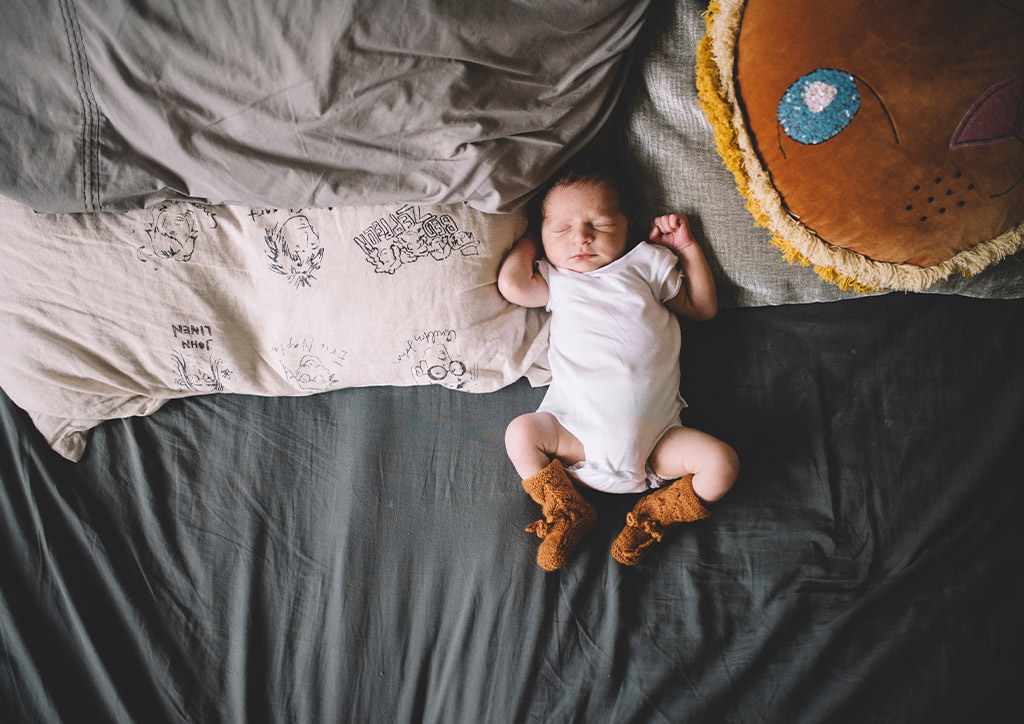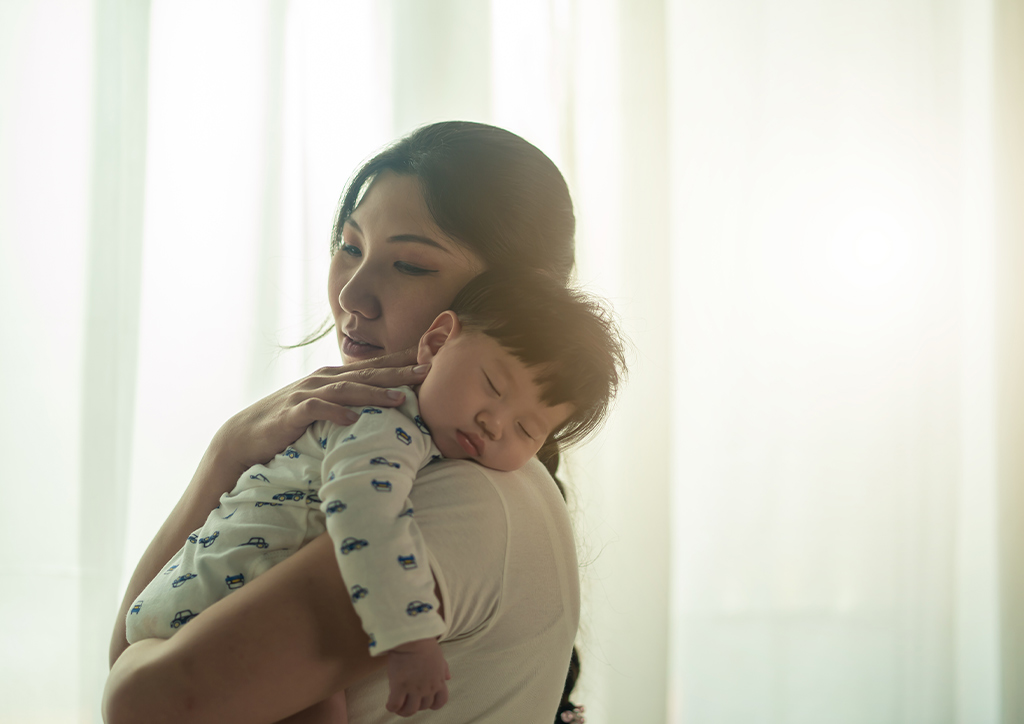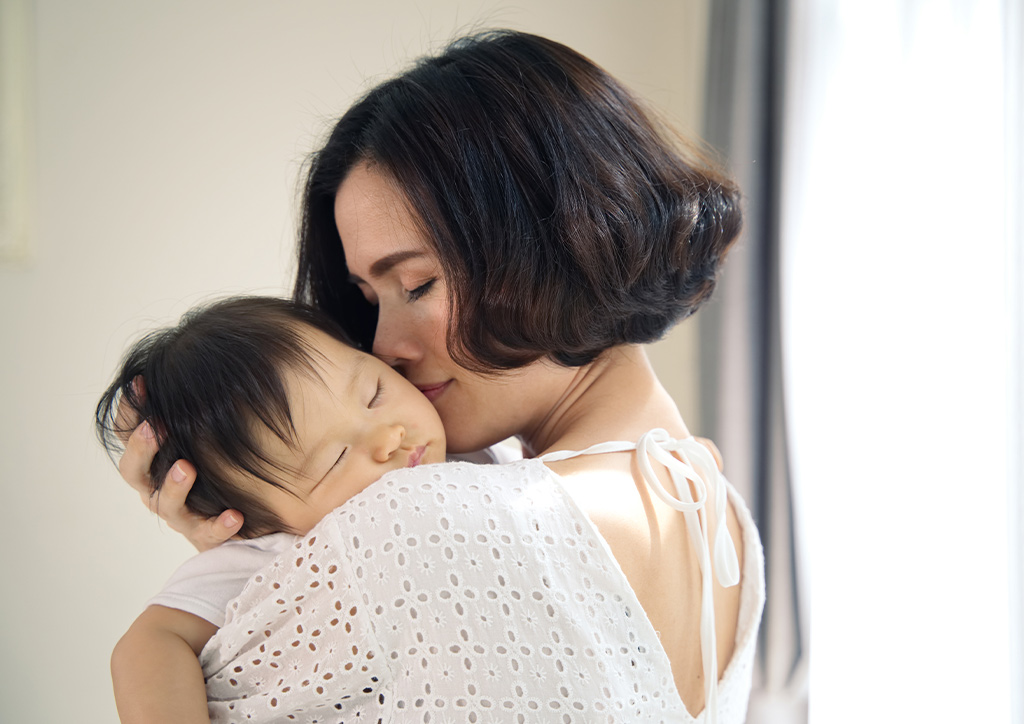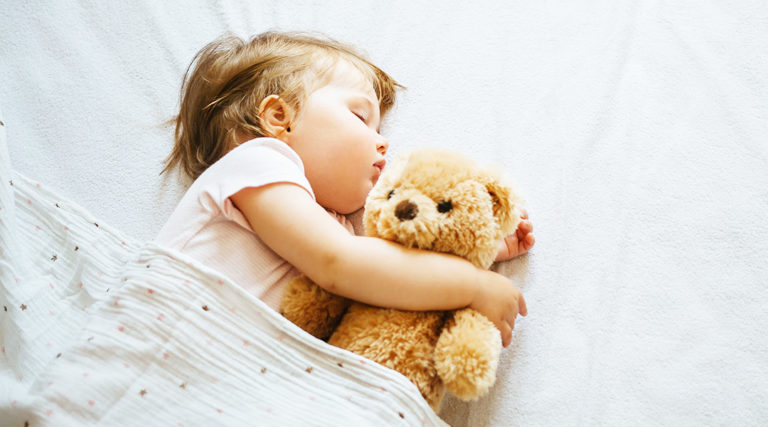Kids
The Importance of Sleep for Children
Sleep recharges us and babies are no exemption.
We have been told about the importance of sleep. As we grow older, our sleeping pattern changes. For adults, a minimum of 6 to 8 hours of sleep is a must so that they won’t feel sluggish when they wake up.
It’s a different scenario for babies and children. The more they sleep, the better. After all, they grow up fast but there is a reason why they need more time to sleep. Would you believe that there is a way for babies to sleep properly?
We talked to pediatrician Dr. Veronica Garcia via email and asked her about the importance of sleep for babies.
The importance of sleep for babies and kids

“Sleep is an essential building block for a child’s mental and physical health and is crucial in the development of young minds,” Dr. Garcia said. “There are significant health, safety, and performance consequences of failure to meet basic sleep needs. Research shows that sleep impacts alertness, attention, cognitive performance, mood, resiliency, verbal acquisition, learning and memory, motor skills development, and growth.”
According to Dr. Garcia, when it comes to sleep for kids, it’s important to know first their needs in determining their proper sleeping pattern.
“Typical duration of sleep for newborns up to 2 months old is 10-19 hours per 24 hours. Bottle-fed babies generally sleep for longer periods (2-5 hours) than breastfed babies (1-3 hours),” she said, adding that sleep periods are separated by 1-2 hours awake.
As for babies, Dr. Garcia said that the American Academy of Pediatrics recommends that infants should sleep on their back on a firm surface like a crib with no soft bedding or loose objects. Infants are also recommended to share a room with a caregiver without sharing the bed because this lessens the risk for Sudden Infant Death Syndrome.
Here is a recommendation for babies, kids, and teens on the hours of sleep:
- 4-12 months require 12-16 hours of sleep (including naps)
- 1-2 years require 11-14 hours of sleep (including naps)
- 3-5 years require 10-13 hours of sleep (including naps)
- 6-12 years require 9-12 hours of sleep
- 13-18 years require 8-10 hours of sleep
Signs of sleeping problems

Dr. Garcia shared that based on the American Academy of Pediatrics research, sleep problems affect children between 25 to 50% while 40% of adolescents go through it.
“Signs of improper sleep are excessive daytime sleepiness and decreased daytime alertness levels,” she said. “These may be recognizable as drowsiness and yawning. There can also be mood disturbances, including moodiness, irritability, emotional lability, depression, anger, fatigue, and daytime lethargy.”
Dr. Garcia added that other signs such as headaches and muscle aches could also be a culprit if kids lack sleep and could affect behavior and their thinking.
“Cognitive impairment may manifest as problems with memory, attention, concentration, decision-making, and problem-solving. Daytime behavior problems include hyperactivity, impulsivity, and non-compliance. Academic problems include chronic tardiness and school failure.”
Lack of sleep can result in accidents and mental health problems as well.
Addressing sleep problems

Dr. Garcia said parents should consult their doctor if they see that their kids aren’t sleeping properly despite following a schedule.
“If you are practicing healthy sleep hygiene and your child is still always sleepy or having trouble falling or staying asleep at night, a doctor can be sought to see if there is an underlying sleep condition (night terrors and nightmares, sleep apnea, sleep talking/walking, restless legs syndrome),” she said.
Establishing a routine
She also recommends establishing a routine to help kids sleep.
“This starts with setting a regular time to put them to sleep, and whatever bedtime routine you choose – try to do the same ones every day in the same order so your child knows what to expect,” she said.
“A typical bedtime routine might include: turning off gadgets and bright lights, taking a bath, brushing teeth, putting on pajamas, reading a book, singing a lullaby. Also helpful to induce sleep are setting a slightly cooler temperature of the room at night, using dark curtains or putting on a nightlight if they are scared of the dark, and keeping the bedroom quiet.”
For young babies
For young babies, Dr. Garcia said to make sure to attend to their needs because they rarely sleep through the night.
“Attend to their needs quickly and quietly, using only a nightlight if possible. If they don’t fall back asleep naturally – try soothing them by talking with a soft voice or touch, without picking them up. This helps them learn how to fall asleep on their own.”
For toddlers
Toddlers, she said, should at least have two naps aside from their regular sleep. She also said that since toddlers may have separation anxiety, you can bring a stuffed toy or something they like to feel secure.
“Giving them control over minor choices like which pajamas to wear or which book to read may help cut their bedtime complaints and stalling.”
As for kids, Dr. Garcia said that it’s best to give them time to wind down before going to bed. She encourages parents to have their kids do their assignments or activities away from the bedroom to establish the different associations between sleep and school.
“Daytime habits also affect sleep. It is best to arrange a balanced schedule with interspersed periods of rest and play/exercise. Providing a healthy diet and avoiding caffeine, large meals, and sugary treats before bedtime, and opting for a healthy bedtime snack if necessary,” she said.
Parents should also get proper sleep
She added that parents’ behavior is also crucial. “Children imitate parents’ sleeping habits. As parents, try to develop healthy sleep patterns.”
So if you can, try to get some sleep and rest. After all, our bodies are our temples and they need to relax as well.
The Importance of Sleep
Dr. Veronica Cruz Garcia is a general pediatrician.
References:
- www.sleepfoundation.org/children-and-sleep
- https://publications.aap.org/aapnews/news/13929
- https://publications.aap.org/aapnews/news/6630
- Nelson Textbook of Pediatrics, 21st ed Chapter 31 Sleep Medicine; Robert Kliegman et al
Want to know the benefits of sleep? Check these out!
Here’s Why Putting Kids To Sleep at 7pm Is a Total Game Changer
Do New Moms Really Need a Sleep Consultant?
10 Tips for Parents to Get Proper Sleep





